Kazimierz Serocki
Birth : 1922-03-03, Toruń, Polska
Death : 1981-01-09
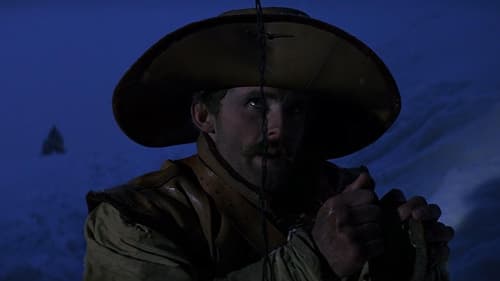
Music
The Deluge Redivivus is a new remastered cut of the original Polish “The Deluge” from 1974 that was released for the film's 40th anniversary in 2014.
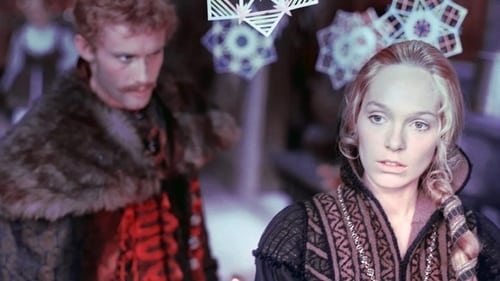
Original Music Composer
During the Swedish invasion of Poland, the brave warrior Andrzej Kmicic, considered a traitor to the nation, fights for a country, redemption and love across the 17th-century Polish territories.

Music
During the day, we could see traces of passersby and the couple of protagonists on the white and soft snow. They go to a dinner party. The evening will end tragically, but the next day begins with the milkman's footsteps, as usual.

Music
Enacting the story of a hunt with wild but precise gestures, the Polish animator Witold Giersz’s The Horse (award-winning at the Krakow Film Festival for “its exceptionally interesting animation technique”) explodes with color and brings to life the physical strokes of paint of which it is made. The film never lets you forget that what you’re seeing is simply paint being rearranged into recognizable shapes, yet the pumping musical score and expressiveness of its titular character provide a simultaneous emotional experience. The abstract backgrounds render the narrative world beautiful and strange yet entirely comprehensible, as the film depicts an epic chase from humanity’s past.

Music
A lonely bachelor blushes at a look from a woman spotted on the street. He is really randy when he sees other women on the street. The more confident he is, the more attractive he is.
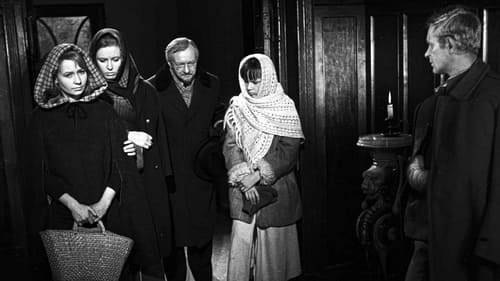
Music
Freed Polish soldiers are trapped in a small town in Germany during the last days of World War II. After a doctor's daughter is raped by a concentration camp worker, the Poles allow her and her father to stay in the house that is their temporary quarters. While waiting to be repatriated, the war-weary group is forced to fight some German soldiers who invade the town. The war brings out conflicting emotions of the Poles who find themselves trapped in the house and once again under fire from the enemy.

Music

Music
Polish communist imprisoned in thirties suspects his friend to be a traitor. Then the war begins.
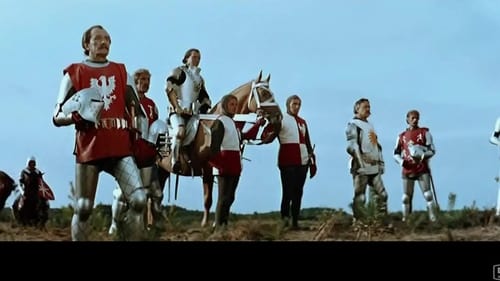
Music
A tale of a young impoverished nobleman, who with his uncle returns from a war against the order of the Teutonic Knights in Lithuania. He falls in love with a beautiful woman and pledges an oath to bring her "three trophies" from the Teutonic Knights.

Music
Zbigniew Cybulski and Sonja Ziemann play lovers struggling to find happiness and privacy in overcrowded Warsaw. The movie shows an honest picture of life in a war-damaged city, contrasting the characters' difficulties with their dreams of a better life. It was banned in Poland in 1958 and would not been seen anywhere until its European release one year later.

Music
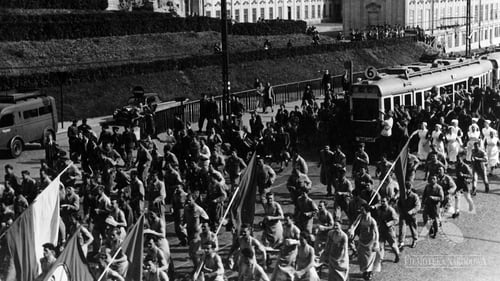
Original Music Composer
In war-ravaged Warsaw, five juvenile delinquents are given probation for stealing, to rehabilitate themselves, but remain under the influence of their profiteer-boss.
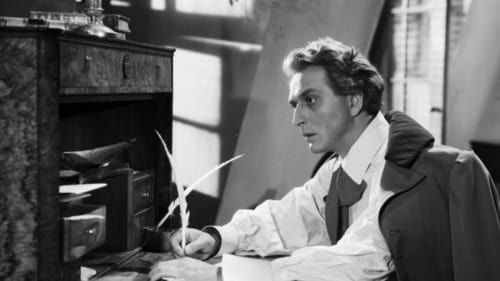
Original Music Composer
As directed by Aleksander Ford in 1952, this Polish-language period drama chronicles the life, times and accomplishments of revered Warsaw-born Romantic composer Frederic Chopin, here played by Czeslaw Wollejko (Danton). The feature focuses exclusively on the youth of Chopin (who died at age 39), spanning his 15th year (c. 1825) through his 21st year (c. 1831); it also depicts Chopin as both prodigiously gifted and one filled with a tremendous spirit of Polish nationalism. Ford concludes with the onset of the illness that eventually killed Ford, set against the backdrop of the famous November Uprising in 1830.
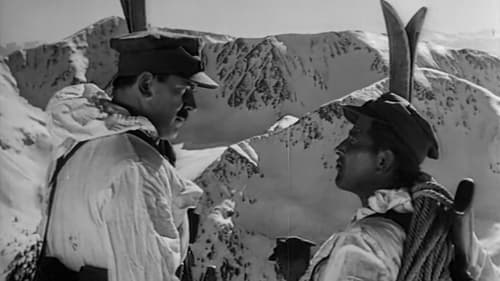
Music

Music
A war drama that tells the story of the discovery of the illegal AL printing works by the Nazis, showing the activities of the left-wing underground in the occupied capital.

Sound
A film dedicated to miners, showing the hardship and risk of working in a mine. Devoid of verbal commentary, it draws its impact from the form: suggestive cinematography close to the pre-war avant-garde, dynamic editing closely linked to music. Brzozowska was accused of formalism at the 1949 Congress of Filmmakers in Wisła, where socialist realism was proclaimed.












